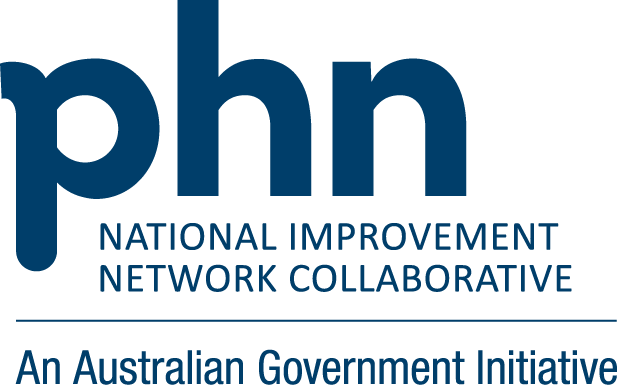
Charting the Course 2024
Insights from the NINCo Environmental Scan 2022 and the Road Ahead
An environmental scan was initiated in 2022 by the National Improvement Network Collaborative (NINCo) to examine the state and future of quality improvement in Primary Health Networks (PHNs). All PHNs were invited to participate in this foundational work, and 21 PHNs actively contributed.
The study aimed to identify PHNs that were already involved in Quality Improvement (QI) initiatives as part of their ongoing projects, analyse their efficacious approaches, investigate the range of techniques used for enhancing capacity and the different approaches used to gather data on effective methods from primary care practices. This synopsis summarises and recaps the main conclusions of the 2022 Environmental Scan, the cooperative efforts of the included PHNs, the recognised methods for QI, and the anticipated course of action, setting the framework for the workplan of the new 2024 NINCo Stream 1 working group.
Several key methods to Quality Improvement (QI) were highlighted by the scan, with a focus on the gathering and sharing of QI activities in conjunction with the application of incentives. The collection of data techniques included electronic files, PDFs, and case studies, which were frequently made available to the public with consent from the practitioner. Through peer coaching, community practice sessions, and team meetings, best practices were shared. The data came from a variety of sources, including PHN evaluations, real-time analytics, and clinical information systems. The scan also highlighted some areas of improvement regarding standardisation of collection of QI activity data and resources among the PHNs.
Key areas of focus were identified by the participating PHNs for upcoming improvements to QI support. These included developing robust reporting mechanisms and resources, addressing workforce shortages, strengthening practice engagement while connecting QI efforts to observable health outcomes, strengthening core offerings by fostering stronger relationships and engagement, and training staff on systematic approaches to quality improvement. Some PHNs focused on developing partnerships and coming up with engagement methods for QI, while others stressed support models for practices to expedite reporting.
Developing workforce solutions was essential to solving staffing issues and increasing QI activity participation. Whilst some PHNs concentrated on integrating QI with local health objectives, others taught practice managers about key QI issues. Better data utilisation and organised instructional support across PHNs are needed, according to the environmental scan findings.
The current NINCo Stream 1 working group has translated these insights into a new work plan. This plan is dedicated to ensuring the endurance of effective QI strategies, exploring fresh methodologies, and nurturing an environment conducive to continuous improvement. The commitment to advancing healthcare quality through shared knowledge, innovative practices, and a united front remains central to NINCo and the collective efforts of the participating PHNs.
The work plan being proposed is structured around three main activities aimed at encompassing the above-highlighted areas and having a consistent standard QI approach. The first activity will focus on developing a unified framework, templates and methodologies with outputs such as standardised templates, consolidated resources, and QI topics of national importance. The second activity revolves around data-driven insights, aiming to provide shared examples of PIP-QI reports utilised across PHNs, along with the development of Data Cleansing and Data QI toolkits. Lastly, the third activity centres on uniform outcome measurement, with outputs including the creation of a QI program logic, a menu of valid and reliable outcome measures, and an exploration of frameworks for economic evaluations. These activities collectively aim to streamline QI processes, promote consistency, and facilitate data-driven decision-making across the PHN landscape.
